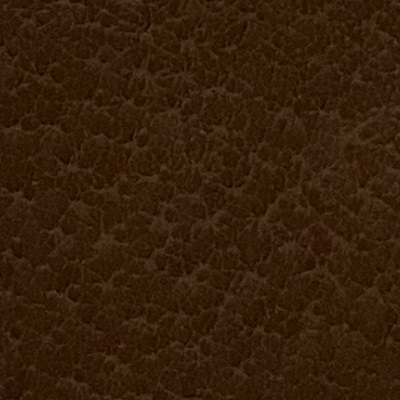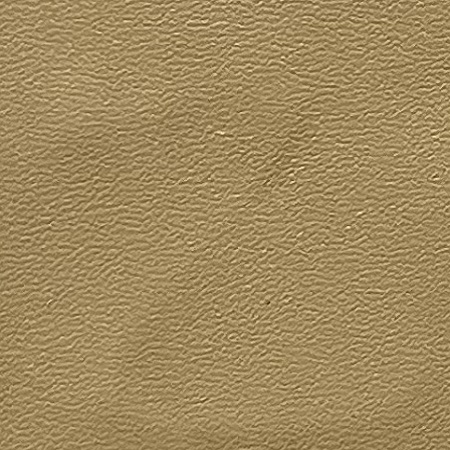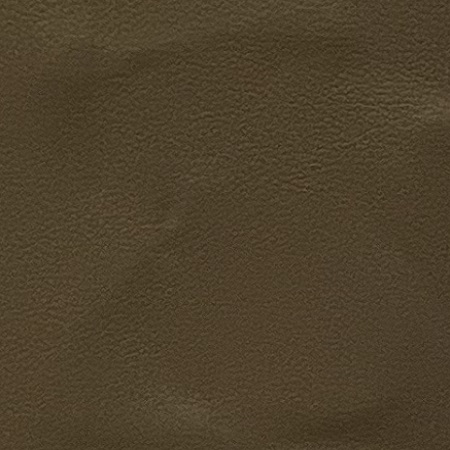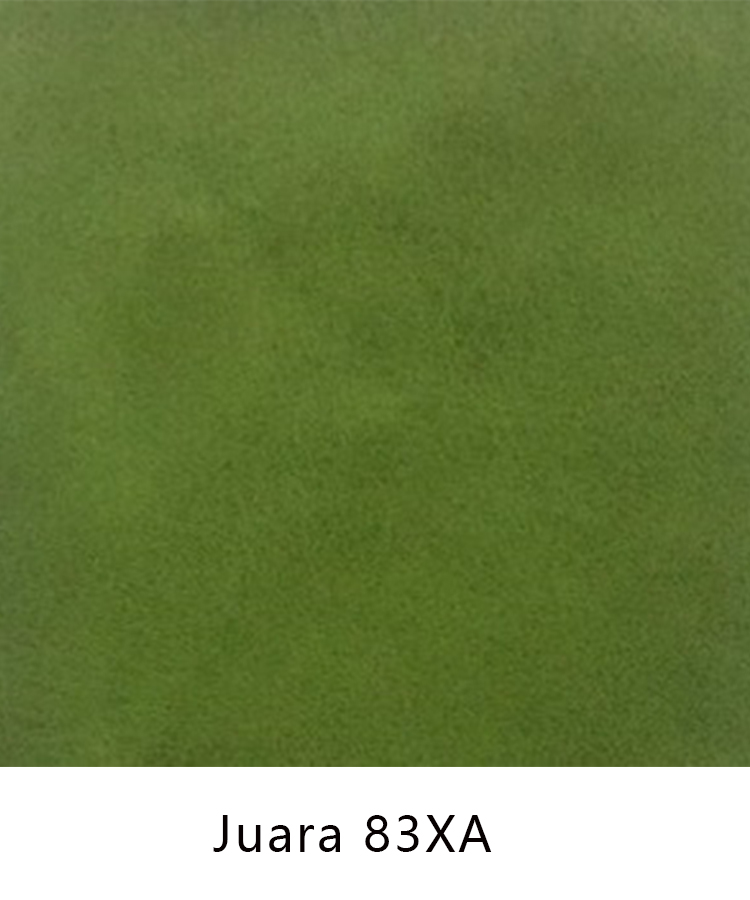Benefits of Choosing Synthetic Leather Over Genuine Leather for Manufacturing Products
Synthetic leather, also known as faux leather or vegan leather, has become increasingly popular in recent years as a more sustainable and cruelty-free alternative to genuine leather. As a synthetic leather manufacturer, there are numerous benefits to choosing synthetic leather over genuine leather for manufacturing products.
One of the primary advantages of synthetic leather is its environmental impact. Unlike genuine leather, which is typically made from animal hides that require significant amounts of water, land, and chemicals to produce, synthetic leather is made from synthetic materials such as polyurethane or PVC. This means that synthetic leather production has a much lower environmental footprint, making it a more sustainable choice for manufacturers looking to reduce their impact on the planet.
In addition to being more environmentally friendly, synthetic leather is also a cruelty-free alternative to genuine leather. The production of genuine leather often involves the use of animals, such as cows, pigs, or sheep, which are raised and slaughtered for their hides. By choosing synthetic leather, manufacturers can avoid contributing to the suffering of animals and instead opt for a more ethical and humane option.
| Serial Number | Product Name |
| 1 | Leather fabric |
Another benefit of synthetic leather is its versatility. Synthetic leather can be made to mimic the look and feel of genuine leather, making it a popular choice for a wide range of products, from clothing and accessories to furniture and automotive upholstery. Additionally, synthetic leather is available in a variety of colors and finishes, allowing manufacturers to create custom products that meet their specific design requirements.


Synthetic leather is also more durable and easier to care for than genuine leather. Synthetic leather is typically more resistant to stains, fading, and wear and tear, making it a practical choice for products that are subject to heavy use or exposure to the elements. Additionally, synthetic leather is often easier to clean and maintain than genuine leather, requiring only a simple wipe down with a damp cloth to keep it looking its best.
From a cost perspective, synthetic leather is often more affordable than genuine leather, making it a cost-effective choice for manufacturers looking to reduce production costs without sacrificing quality. Synthetic leather is also more readily available than genuine leather, as it can be produced in a wide range of colors and finishes to meet the needs of different industries and applications.

In conclusion, there are numerous benefits to choosing synthetic leather over genuine leather for manufacturing products. From its environmental impact and cruelty-free production to its versatility, durability, and affordability, synthetic leather offers a compelling alternative to traditional leather materials. As a synthetic leather manufacturer, embracing synthetic leather as a sustainable and ethical choice can help to meet the growing demand for eco-friendly and animal-friendly products in today’s market.







